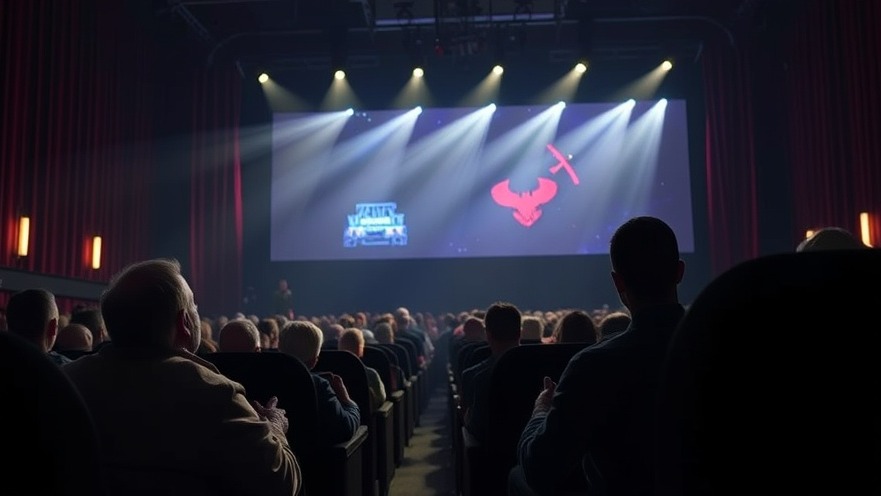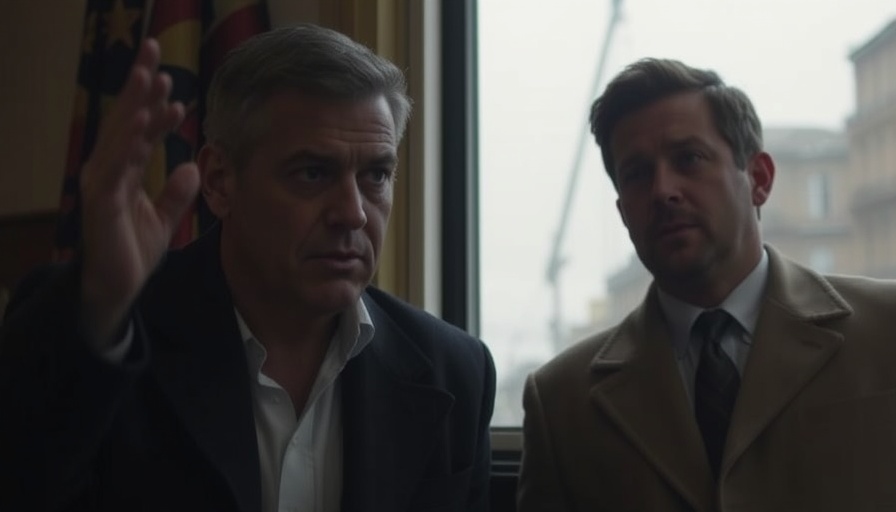
Why Are TV Episodes Getting Longer?
The current landscape of television is marked by a trend that has many viewers buzzing with both intrigue and dismay: the significant lengthening of TV episodes. Shows like The Bear, Stranger Things, and Lena Dunham's new series Too Much are leading the way in this evolution, pushing the boundaries of traditional runtimes. Initially, these series were categorized in genres like sitcoms due to their breezy half-hour slots. Yet, as these shows have evolved, so too has their length and storytelling approach.
The Shift from Brief to Lengthy
In its later seasons, The Bear has seen episodes stretching over 70 minutes, a far cry from classic sitcom durations of 22 minutes. Similar patterns emerge in other successful series. For example, Stranger Things now boasts an average runtime of approximately 86.8 minutes in its latest season. This change marks a significant departure from the concise, fast-paced narratives that once dominated the television narrative landscape.
Creative Freedom or Excessive Indulgence?
Initially, the lack of advertisement-related runtime restrictions was celebrated as a positive development, allowing writers to unleash their creativity without fear of losing screen time to commercial breaks. However, this newfound freedom appears to have fostered a tendency towards longer and often drawn-out episodes. While extended storytelling can enrich narratives, it also raises concerns about pacing and viewer engagement.
Quality Control: The Case for Editing
Critics argue that just because creators have the liberty to produce longer episodes does not mean they should. The truth is, the editing process is critical in shaping the viewing experience. For instance, the third season of Unbreakable Kimmy Schmidt relied on multiple episodes that were slightly longer, yet their quality noticeably declined, suggesting that the best moments could have benefited from tighter editing. It poses the question: are longer episodes truly enhancing our viewing experience, or are they simply filling time with needless plotlines?
Viewer Impact: The Changing Dynamics of Television Consumption
With the rise of binge-watching culture, audiences are now consuming episodes differently. The intimacy of the viewing experience often leads to a greater tolerance for longer runtimes; however, the sheer length may also encourage viewer fatigue. The longer an episode, the more challenging it becomes to maintain momentum and viewer interest. This is posing a new balance that showrunners must navigate.
Future Vision: The Potential for Change?
While the trend towards longer episodes seems to be on the rise, there is hope. As creators and networks continue to innovate, perhaps they will recognize the value of balance, combining creative freedom with concise storytelling. The industry could pivot, acknowledging that while richer narratives are desirable, they should also remain engaging and impactful.
Conclusion: The Call for Reflection on TV Duration
As television continues to evolve, viewers and creators alike must engage in a dialogue regarding episode length and its impact. Let’s advocate for storytelling that respects both viewer time and narrative quality, and strive for a balance that enriches the viewing experience without overstaying its welcome.
Encouraging thoughtful content and genuine storytelling is vital. As more viewers gravitate towards intricate narratives, it's important we not lose sight of what made those stories compelling and accessible in the first place. Streamlining episodes may be the key to rekindling interest in these beloved shows.
 Add Row
Add Row  Add
Add 




Write A Comment